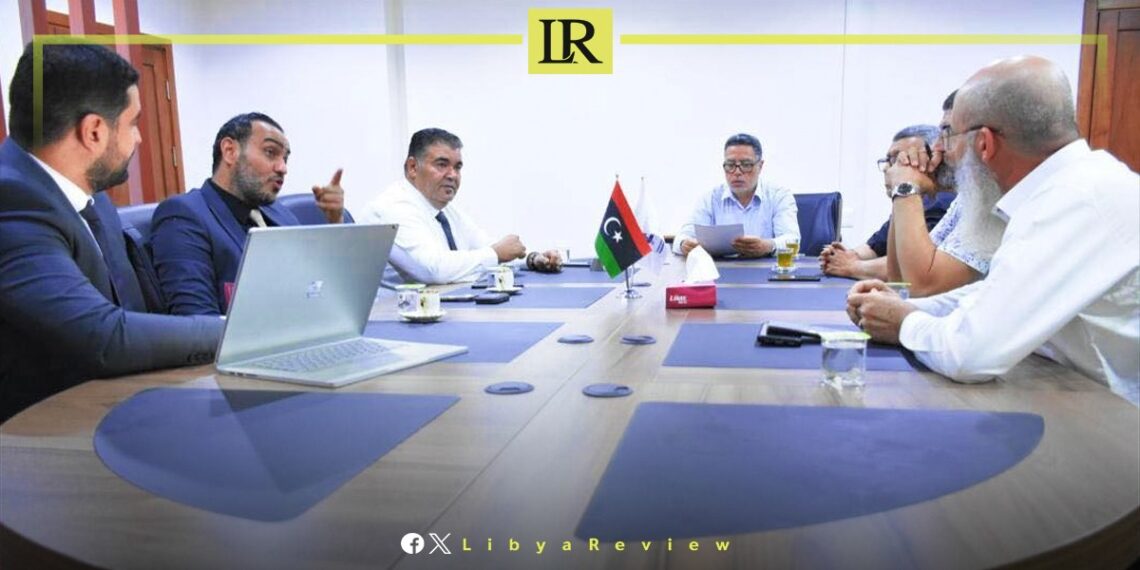This Monday morning in Tripoli, a preliminary meeting was held to discuss the upcoming Libyan-Saudi Economic Forum. The session was organized by the committee tasked with arranging the forum and its accompanying exhibition.
During the meeting, attendees praised the efforts of Nabil Al-Ajeeli, the commercial attaché at the Libyan embassy in Riyadh, whose work has significantly contributed to the initial preparations for the forum. A visual presentation detailing the steps taken to organize the Libyan-Saudi Economic Forum was given by Eng. Essam Al-Awol, President of the General Authority for Exhibitions, and his technical team.
The participants also discussed necessary arrangements with various related entities, including the Federation of Chambers, commercial chambers, the Businessmen Council, specialized ministries, and all institutions concerned with Libyan exports and investments.
Libya has been in chaos since a NATO-backed uprising toppled longtime leader Muammar Gaddafi in 2011. The county has for years been split between rival administrations.
Libya’s economy, heavily reliant on oil, has suffered due to the ongoing conflict. The instability has led to fluctuations in oil production and prices, impacting the global oil market and Libya’s economy.
The conflict has led to a significant humanitarian crisis in Libya, with thousands of people killed, and many more displaced. Migrants and refugees using Libya as a transit point to Europe have also faced dire conditions.
The planned elections for December 2021 were delayed due to disagreements over election laws and the eligibility of certain candidates. This delay has raised concerns about the feasibility of a peaceful political transition.
Despite the ceasefire, security remains a significant concern with sporadic fighting and the presence of mercenaries and foreign fighters. The unification of the military and the removal of foreign forces are crucial challenges.


